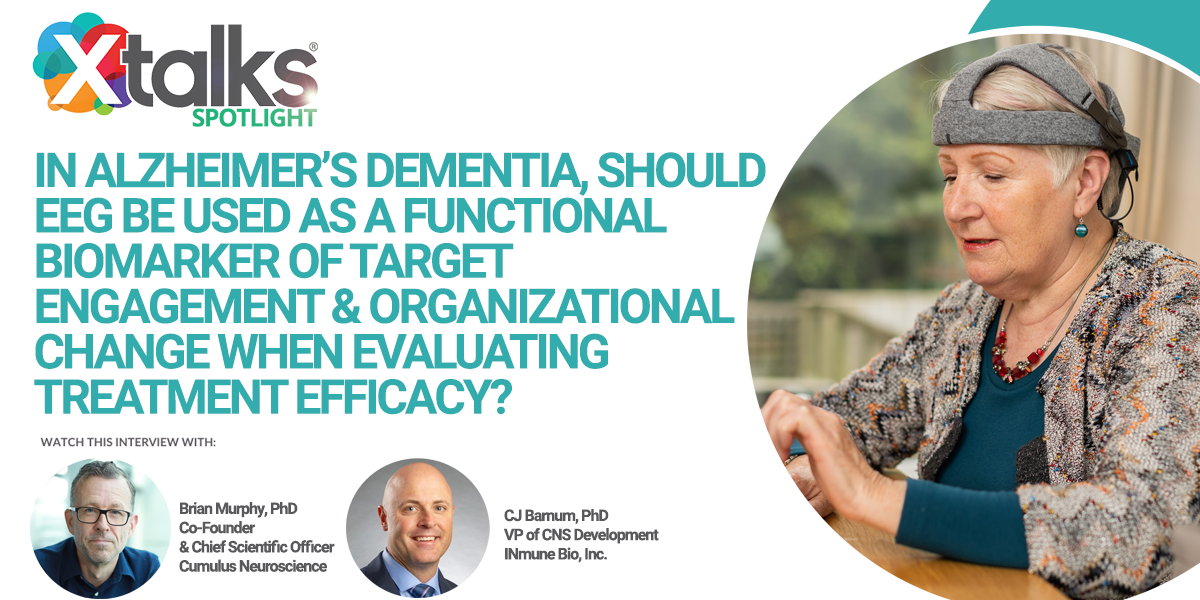AstraZeneca is launching a project aimed at sequencing two million genomes, in an effort to harness the power of genomics data in directing drug development. The company plans to use the data to identify new drug targets based on a patient’s genetic information.
AstraZeneca will use DNA samples collected from clinical trials participants to build their DNA database. Under the terms of the agreement, the company will share up to 500,000 DNA samples with the human genomics company, Human Longevity, Inc.
In addition to its potential to help drive R&D, the genomics data has the potential to improve patient selection for clinical trials. The company also plans to found a new Centre for Genomics Research in its Cambridge, UK headquarters.
“With the advent of next generation sequencing and the increased sophistication of data analysis, the time is now right to immerse ourselves fully in the international genomics community through these pioneering collaborations and through the creation of our own genome centre,” said Menelas Pangalos, head of Innovative Medicines & Early Development at AstraZeneca.
Human Longevity will also provide AstraZeneca with genomic and health records of over 1 million patients. In turn, Human Longevity will use machine learning to identify significant patterns in the DNA samples collected by AstraZeneca.
AstraZeneca also plans to form a partnership with the Wellcome Trust Sanger Institute in the UK, as well as the Institute for Molecular Medicine Finland. In collaboration with the Sanger Institute’s Genome Centre, AstraZeneca’s research team will used the shared clinical and genomic data to identify novel biomarkers for diagnostic test development.
“We are excited to establish this long term relationship with AstraZeneca who are now establishing themselves as a leader in genomic-focused research,” said Dr. J. Craig Venter, CEO of Human Longevity. “We look forward to working together to use HLI’s proprietary computational methods and genomic data insights to better inform clinical trials and drug development.”
Creation of the database is set to take place over the next ten years, however DNA samples collected from patients in the past 15 years will be included in the project. AstraZeneca’s sequencing project is expected to be one of the largest of its kind undertaken to date.












Join or login to leave a comment
JOIN LOGIN